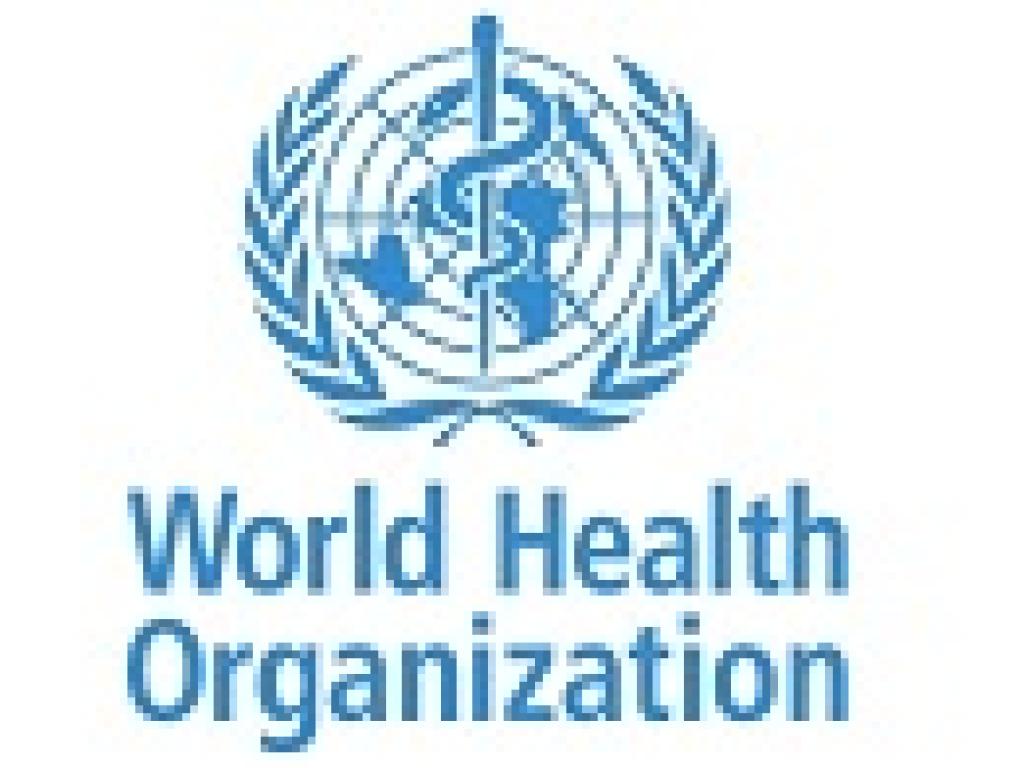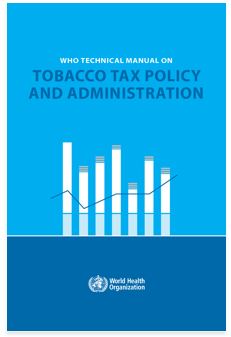WHO launches updated edition of a technical manual on tobacco tax policy and administration


The World Health Organization recently launched the WHO technical manual on tobacco tax policy and administration at an online event in April. Members of REEP were involved in the development of the manual.

The evidence is clear: significant increases in excise taxes that lead to price increases have consistently proven to be the most effective, as well as the most cost-effective, mechanism for reducing tobacco consumption. Despite this undeniable fact, tobacco tax increases remain the least implemented policy in the package of effective tobacco control policies globally. Tobacco industry interference remains a major stumbling block to significant tax increases. Government resolve and commitment to protect people’s health is needed to counter powerful vested interests long opposed to tobacco taxation reform.
This manual guides readers through the necessary steps to create and implement the strongest tobacco taxation policies for their specific countries, including practical pointers on how to navigate through the political process and ensuring the right support for tax policy change.
This manual will be complemented by the forthcoming WHO technical manual on alcohol tax and price policies. Expected to be completed by the end of this year, this manual will be the first from WHO that provides countries to clear guidance on how to design, implement and administer alcohol tax and price policies. It helps countries navigate the complexity in alcohol tax design, specifically through the choices that countries have in designing tax structures. While significant evidence supports the role that taxes play in affecting the affordability of alcohol, there is still a limited understanding how to design taxes in different countries.
WHO values the contribution that REEP have made to both of these manuals as authors, reviewers and contributors to expert meetings. The expertise of academics with significant experience conducting research on critical topics is invaluable to the development of these manuals.
